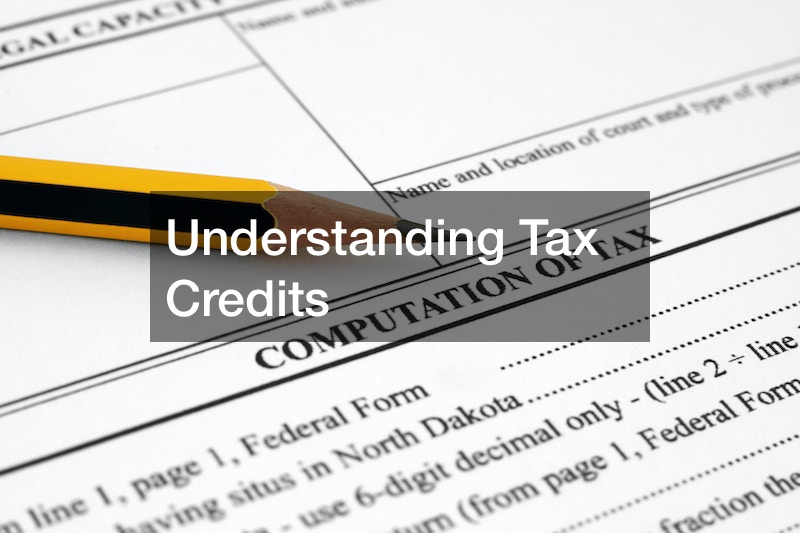
This video defines tax credits and explores how you can reduce the amount of taxes you have to pay. Tax credits are a dollar-for-dollar reduction of your tax liability. They’re available for low-income and middle-class taxpayers, but you’ll have to meet specific qualifications to claim them.
You can claim tax credits as refunds when filing tax returns. They’re available to offset expenditures when working, studying, or caring for children.
TheSavers Credit helps reduce your tax bill if you contribute money to a retirement account such as a 401(k) plan or Individual Retirement Account (IRA). The Earned Income Tax Credit (EITC) is an essential anti-poverty program designed to reward work and offset federal taxes for lower-income families. The EITC encourages work and reduces poverty among working families with children.
The American Opportunity Tax Credit (AOTC) tax credit is refundable for up to $2,500 per year for college students. These tax credits are available to taxpayers who pay for their education. They are academically oriented and can only apply to tuition, fees, and course materials required for enrollment or attendance at an eligible educational institution. You can claim AOTC for the first four years of postsecondary education at a qualified institution of higher education.

